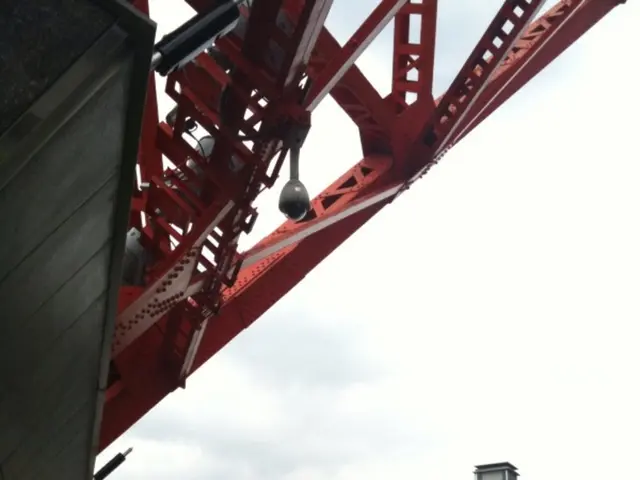Midwest's Mixed Clean Energy Progress: Wisconsin Approves Major Projects, Utilities Lag
Wisconsin regulators have given the green light to a significant wind and solar project, expected to enhance water quality. Meanwhile, the state's sole oil refinery faces multiple air pollution violations. Elsewhere, a solar array in Milwaukee County is set to power a health and human services building, while a Missouri solar development will serve Microsoft entirely. Regulators in Minnesota and Illinois have approved major solar projects, and a nonprofit in Minneapolis is leading the way in gas-free buildings. However, Wisconsin and Indiana utilities are lagging on clean energy pledges.
The Wisconsin Public Service Commission has approved a 118-megawatt wind farm and a 180-megawatt solar farm. These projects are anticipated to improve water quality by reducing reliance on fossil fuels. In contrast, Wisconsin's only oil refinery has violated air pollution laws over two dozen times and failed to monitor emissions properly.
In Milwaukee County, a 50-kilowatt solar array will provide 11.5% of a health and human services building's energy. This move towards renewable energy is expected to reduce the building's carbon footprint. Similarly, a commercial solar development in Missouri will provide 100% of its power to Microsoft.
Minnesota regulators have approved a 150-megawatt solar farm with 50 megawatts of storage capacity. This project is set to be operational by 2028, demonstrating the state's commitment to clean energy. In Illinois, a new 342-megawatt solar park will share land with row-crop agriculture under an agreement with American Farmland Trust, showcasing the potential for solar and agriculture to coexist.
A nonprofit foundation in Minneapolis has retrofitted its historic headquarters to run entirely without natural gas. This pioneering move highlights the potential for historic buildings to contribute to cleaner energy futures.
However, not all news is positive. Wisconsin's largest utilities and almost all of Indiana's investor-owned utilities are backsliding on clean energy commitments. This trend could hinder the region's progress towards cleaner energy.
These developments highlight the mixed progress of clean energy initiatives in the Midwest. While significant projects are moving forward in Wisconsin, Minnesota, and Illinois, utilities in some states are falling behind on their clean energy commitments. As the region continues to grapple with air pollution issues, such as those seen in Wisconsin's oil refinery, the need for robust clean energy policies becomes increasingly apparent.
Read also:
- Elon Musk Acquires 26,400 Megawatt Gas Turbines for Powering His AI Project, Overlooks Necessary Permits for Operation!
- Ontario terminates $100M Starlink agreement due to U.S. import taxes
- U Power's strategic collaborator UNEX EV has inked a Letter of Intent with Didi Mobility to deploy UOTTA(TM) battery-swapping electric vehicles in Mexico.
- Commercial-grade hydrogen enhancement systems manufacturing initiated by H2i Technology








